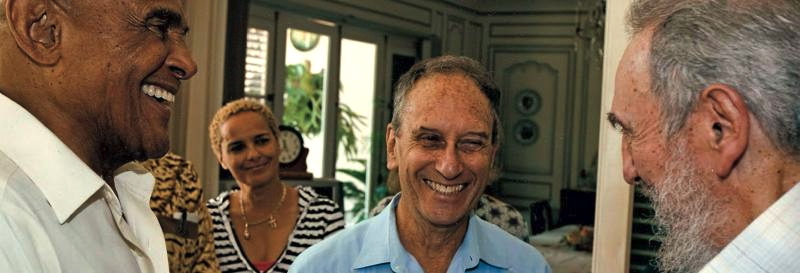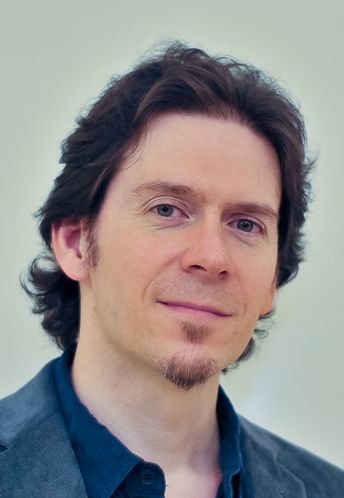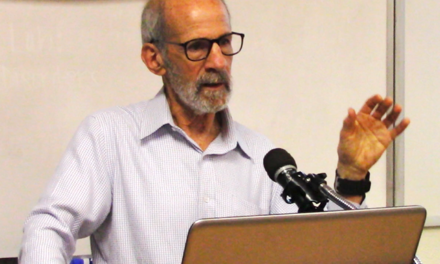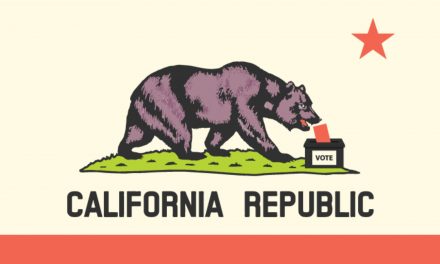Saul was a man who could tell a joke and make you laugh. I can’t remember them, usually, but I remember this one.
There’s three Texans in a private jet —two big men in Stetsons and a little Jewish guy. One of the Stetsons says “Y’all see that spread down there with the river running through it? That’s my ranch —40 square miles. We mainly raise American Angus but now I’ve got some fancy French Charolaises, we’ll see how they work out. We’ve got about 10,000 acres in wheat. We call it the Lazy Q.” A little further on the second one says “Look down there —as far as you can see, that’s my place. Takes up pretty much the whole county. We specialize in Jerseys and Morgan horses. We’ve got 30,000 acres in cotton and we call it the Big J.” After a while the Stetsons turn to the Jewish guy and one asks, “How bout you pardner —got any land?” The little Jewish guy says, “Off to the right, sixty acres.” Suppressing a smirk, a Stetson asks “And what do you call it?” The little Jewish guy says “Downtown Dallas.”
Saul’s father had a pharmacy in the Bronx. He told me his father had sold Cannabis tinctures prior to 1937, and considered the prohibition “much ado about nothing.” Growing up in New York in the 1940s and ’50s, Saul did not have to overcome any prejudices with regard to marijuana. He was so hip he could take it or leave it.
The movie Saul made in 2006 about Syria (“Between Iraq and a Hard place”) could not be more timely. I hope he got word, as he was leaving us, that the power of the people had staved off an air attack by the U.S., at least for a while.
The pundits are saying that the American people are now “war weary.” They’re trying to define and contain the deep wave of disaffection sweeping over the country. But we’re more than war weary. People are finally looking critically at the rich/poor system. As Saul might put it, “U.S. imperialism has lost its working-class buy-in.” It took four generations from the end of world war two.
I couldn’t tell Saul (except in my head) a historical tidbit I came across last week in an essay by David Musto, MD. A century ago, an advocate of adding Cannabis to the list of drugs about to be banned under the Harrison Narcotic Act was Dr. William Jay Schieffelin of New York. He was, according to Musto, “prominent in the nation’s social and political life as well as in his profession as the president of a wholesale drug house… Schieffelin believed cannabis was ‘used only to a slight extent in this country,’ but he heard that there was a demand for it in the ‘Syrian colony in New York’ where he thought it was smoked like p;repared opium. He concluded, ‘The evil is minute but it ought to be included in the bill.'”
The Institute of Policy studies website ran a beautiful picture of Saul and friends along with a goodbye piece from his longtime allies and co-workers.
We’re posting the review of “Savages” that Saul wrote for O’Shaughnessy’s. We decided to hold it for the next issue because he didn’t think a review should give away the ending while the movie was still in the theaters, and I didn’t think Oliver Stone’s cop-out could be described without reference to the ending(s).





